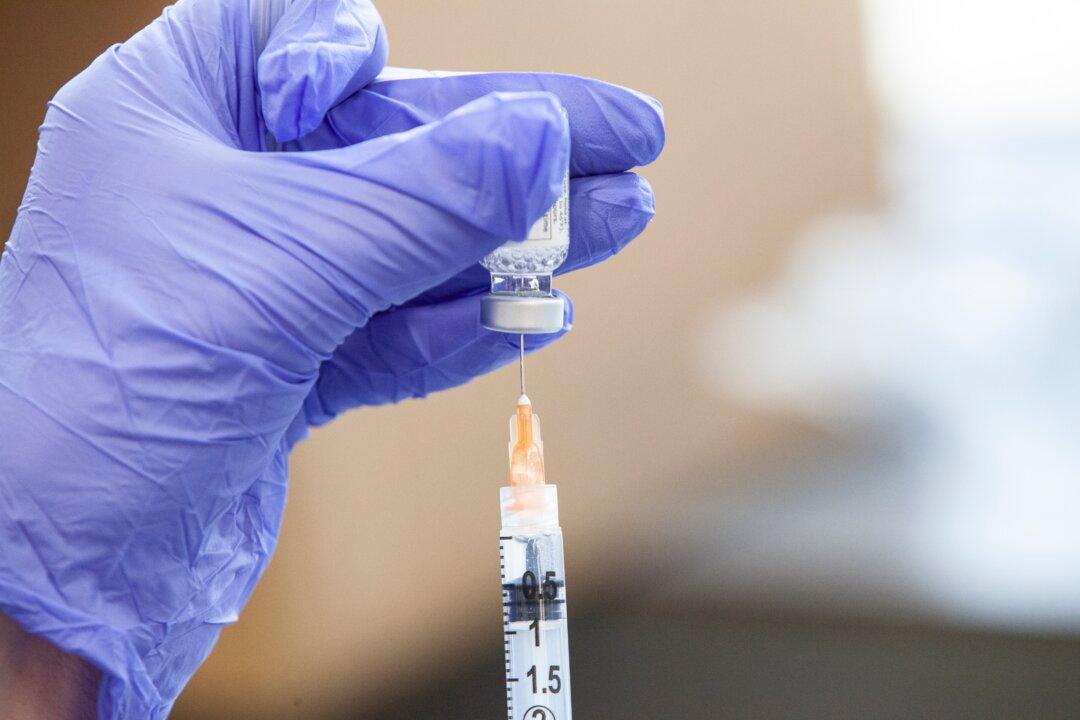Certain governments across the globe have established a compensation program to compensate their citizens who suffer injuries or death from the COVID-19 shots and treatments recommended during the pandemic.
This article will examine and compare three such programs from the United States, Israel, and the United Kingdom.






